Keeping Pets Safe from Common Toxins in the Yard and Garden
Life-saving Insight from Pet Poison Helpline
MINNEAPOLIS – June 9, 2014 – Following an unseasonably cold and blustery winter, pet owners everywhere are embracing the outdoors with renewed enthusiasm. The long days of summer sunshine and warm breezes are perfect for taking Fido for walks, playing rousing games of fetch, and simply hanging out together in the yard. But summer is also when Pet Poison Helpline handles the most calls for pets that got into something poisonous – right in their owners’ backyards.
“Many pet owners don’t realize it, but yards and gardens contain plants and other substances that can make pets very sick,” Ahna Brutlag, DVM, MS, DABT, DABVT and associate director of veterinary services at Pet Poison Helpline. “Simply being aware of what is dangerous can make all the difference between enjoying a beautiful day outdoors, and unplanned trip to the veterinarian – or worse.”
For pet owners, listed below are the most prominent yard dangers to be aware of this summer:
Flowers and Plants – Several species of flowers and plants can be as toxic to pets as they are beautiful. Listed here are the most common species to watch out for:
- Lilies: Cats and lilies don’t mix! The most dangerous lilies are Tiger, Asiatic, Easter, Japanese Show and Day (Lilium and Hemerocallis), often referred to as “true” lilies. Ingesting as little as two petals or leaves, or exposure to the pollen, can result in severe kidney failure. Even water in a vase containing these lilies can be poisonous, as the toxin in the plant is water-soluble. Other lily varieties like Peace (Spathiphyllum), Peruvian (Alstroemeria) and Calla (Zantedeschia) are much less dangerous and cause only minor symptoms when eaten.
- Sago Palm: Very popular in warmer climates, the sago palm is one of the most deadly plants when eaten by dogs, and long-term survival rates are poor. All parts of the plant, including the fronds/leaves, nuts and seeds are poisonous. Even small amounts can cause vomiting, bloody stools, damage to the stomach lining, severe liver failure and, in some cases, death. Without immediate veterinary treatment, sago palm poisoning can result in severe, irreversible liver failure.
- Lily of the Valley: A favorite in many parts of the country, the Lily of the Valley (Convallaria majalis) contains cardiac glycosides – an ingredient used in many human heart medications. When eaten by dogs or cats, this perennial can cause vomiting, diarrhea, a drop in heart rate, severe cardiac arrhythmias, and possibly seizures.
- Crocuses: There are two types of crocus plants: one blooms in the spring and the other in the fall. The spring plants (Crocus) are more common and cause only gastrointestinal upset accompanied by vomiting and diarrhea in dogs and cats. However, the fall crocus (Meadow Saffron or Colchicum autumnale) is highly toxic and can cause severe vomiting, gastrointestinal bleeding, and multisystem organ failure with bone marrow suppression. Symptoms may be seen immediately, but can also be delayed for days.
Slug and Snail Baits – Among the most serious of all outdoor poisonous threats to pets are slug and snail baits, which are available in pelleted, granular, powder and liquid forms. When ingested, the active ingredient metaldehyde produces clinical signs of distress within one to two hours, including salivation, restlessness, vomiting, tremors, seizures, and life-threateningly high body temperature. Without immediate veterinary attention, symptoms can last for several days and can be fatal. Be absolutely sure they are kept out of the reach of pets.
Mulch Products – Cocoa bean mulch is made of discarded hulls or shells of the cocoa bean, which are by-products of chocolate production. It can contain theobromine and caffeine, the two toxins of concern in chocolate. The tempting “chocolate-like” smell can attract dogs, causing them to eat the mulch. However, toxin amounts vary greatly from product to product. Some contain low levels, while others contain very high levels that can cause vomiting, diarrhea, hyperactivity, an abnormal heart rhythm, seizures and in extreme cases, even death. For these reasons, it’s smart to avoid cocoa bean mulch, or supervise your dog at all times while near it.
Fertilizers, Soil Additives and Pesticides – Most fertilizers and soil additives are fairly safe for pets, except for those with blood meal, bone meal, feather meal and/or iron. When dogs ingest large quantities of tasty meal-containing products, a concretion can form in the stomach, obstructing the gastrointestinal tract and potentially causing severe pancreatitis, and products that contain iron can cause iron poisoning. Pesticides and insecticides can be dangerous too, especially those with organophosphates (common in systemic rose care products), which can be life-threatening even if ingested in small amounts.
Compost – As organic matter in compost decomposes, mold can form and produce hazardous tremorgenic mycotoxins. When consumed by pets or wildlife, moldy compost can cause sickness and physical distress in as little as 30 minutes. Symptoms are agitation, panting, drooling, vomiting, tremors and seizures. Prompt veterinary treatment usually results in a good prognosis.
Pets are curious and often investigate interesting new things by tasting them. If you suspect Fido or Felix may have ingested something poisonous, take action immediately by contacting a veterinarian or Pet Poison Helpline at 1-800-213-6680. Pet Poison Helpline also has a helpful iPhone application with an extensive database of over 200 poisons dangerous to pets. “Pet Poison Help” is available on iTunes for $1.99.
Photos: They are owned by Pet Poison Helpline (photographer on staff) and provided for your free use. For high res images, right click on photo and save.
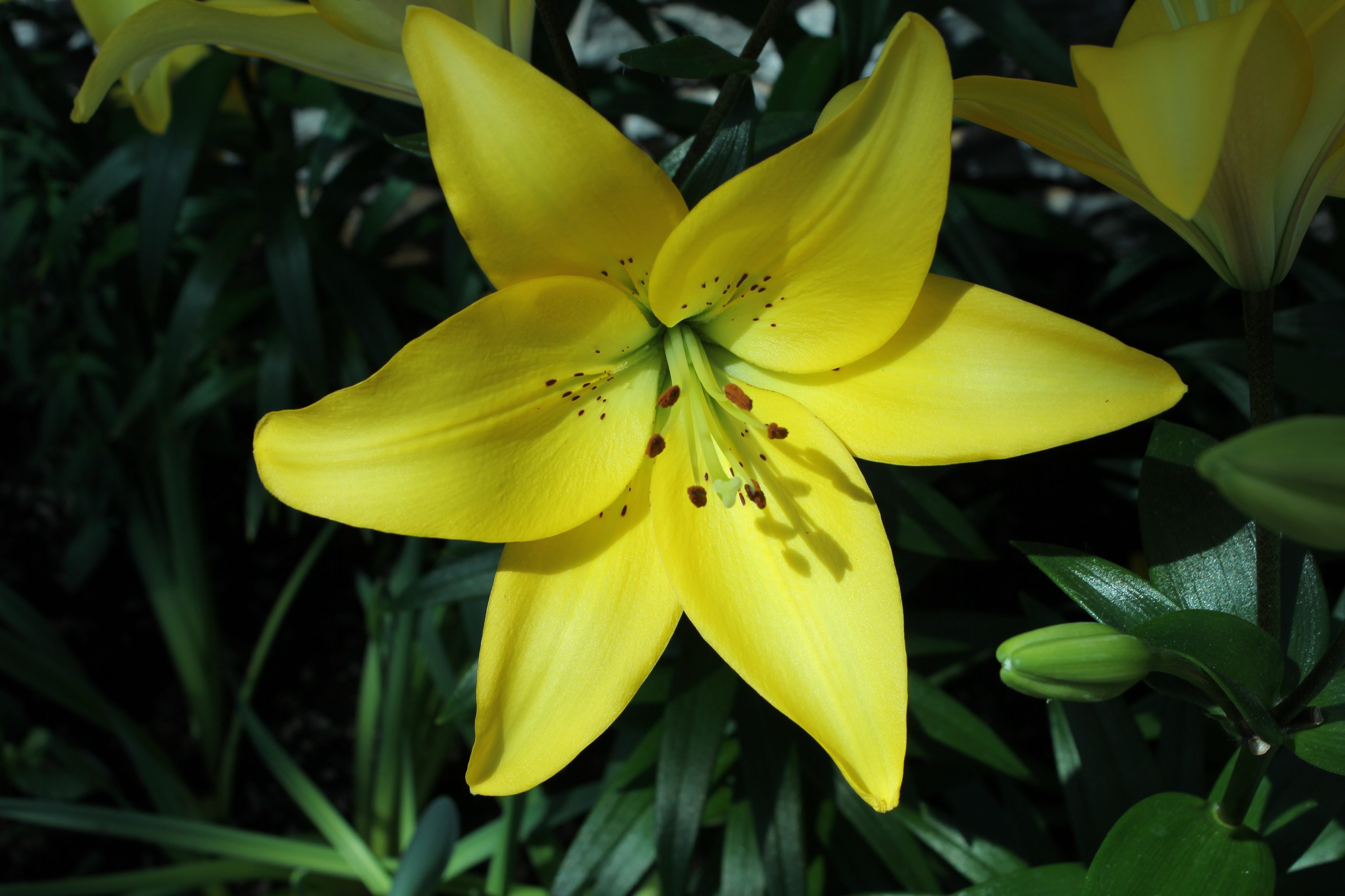
Asiatic Lily
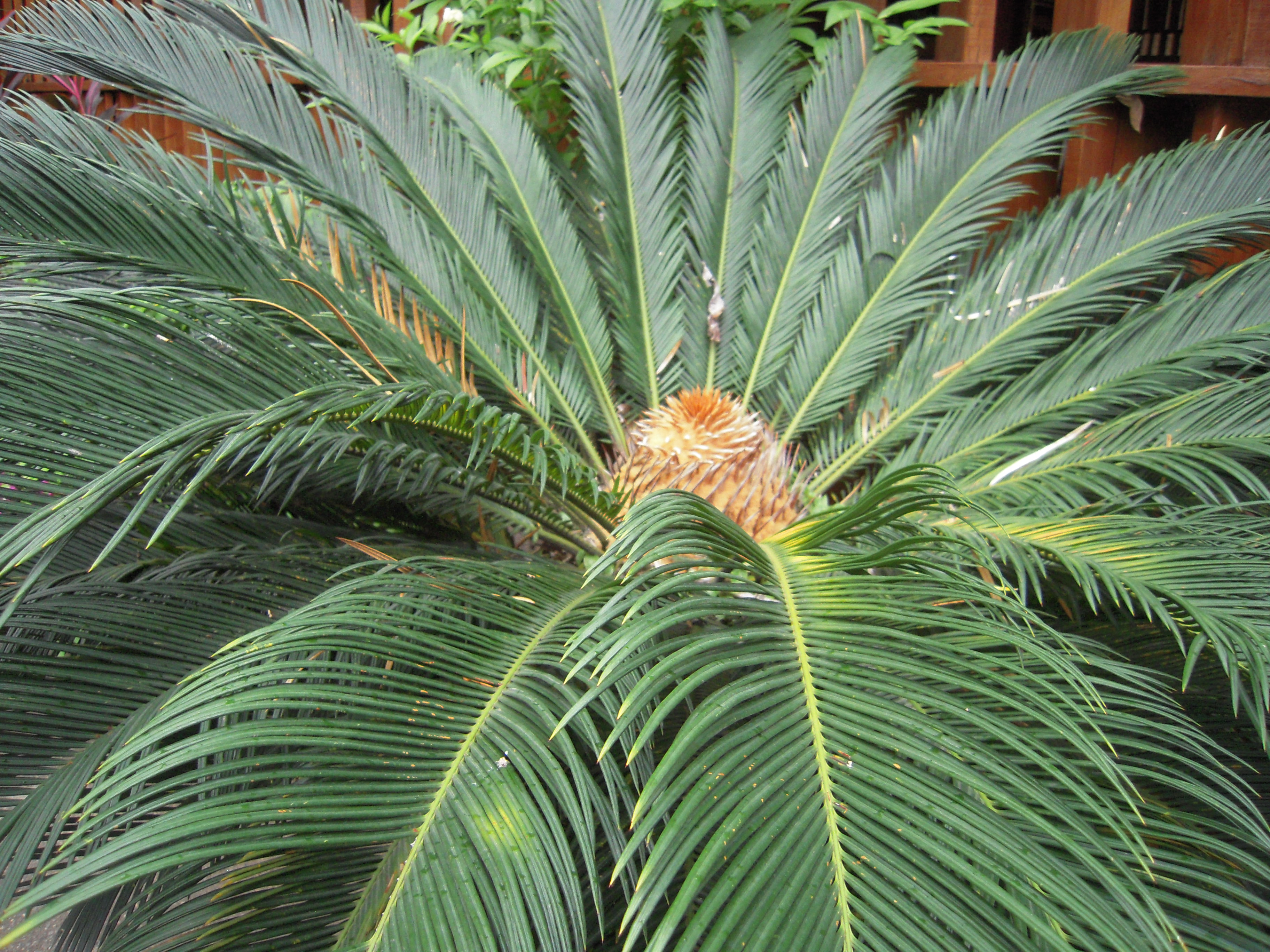
Sago Palm
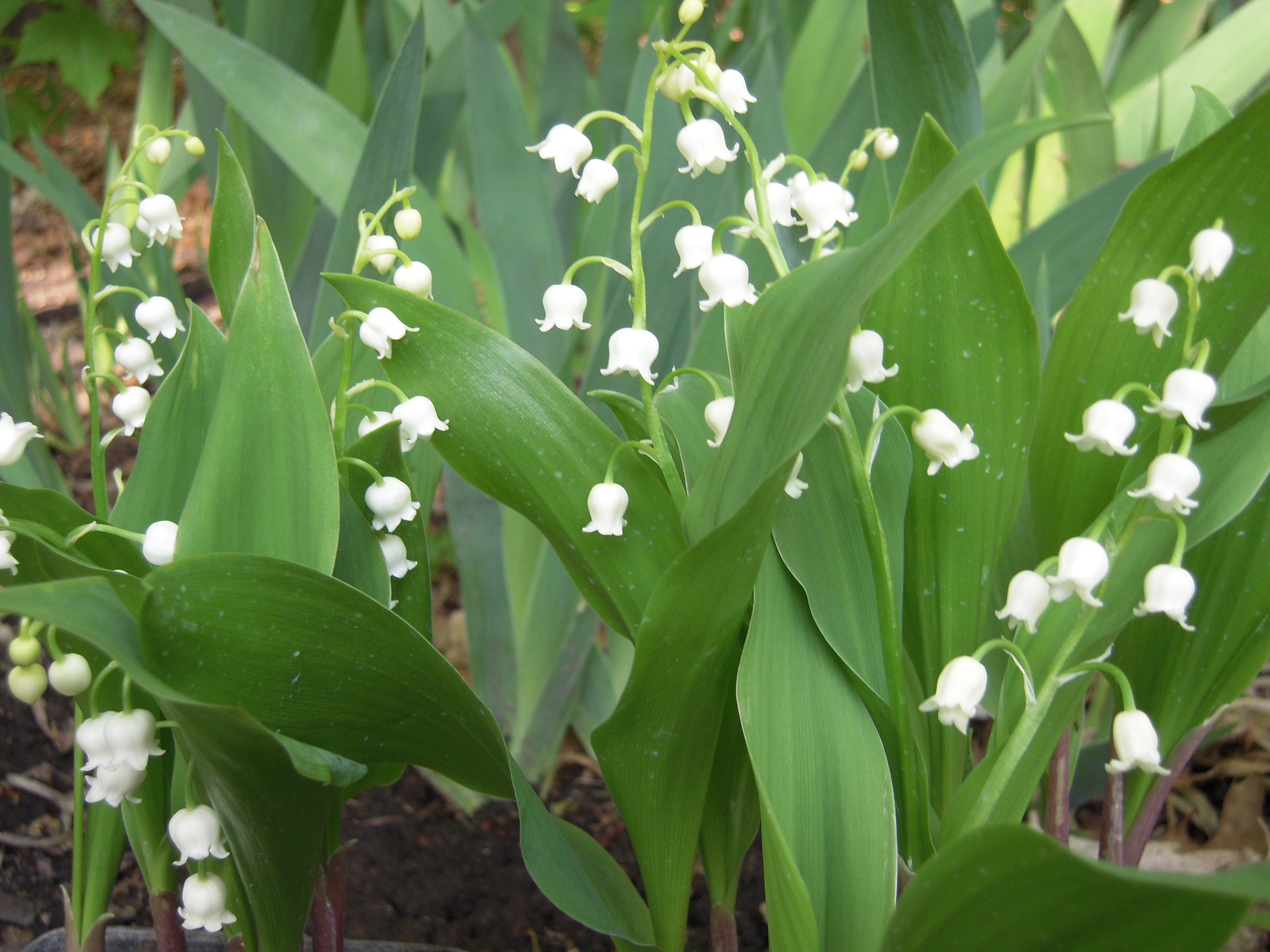
Lily of the Valley
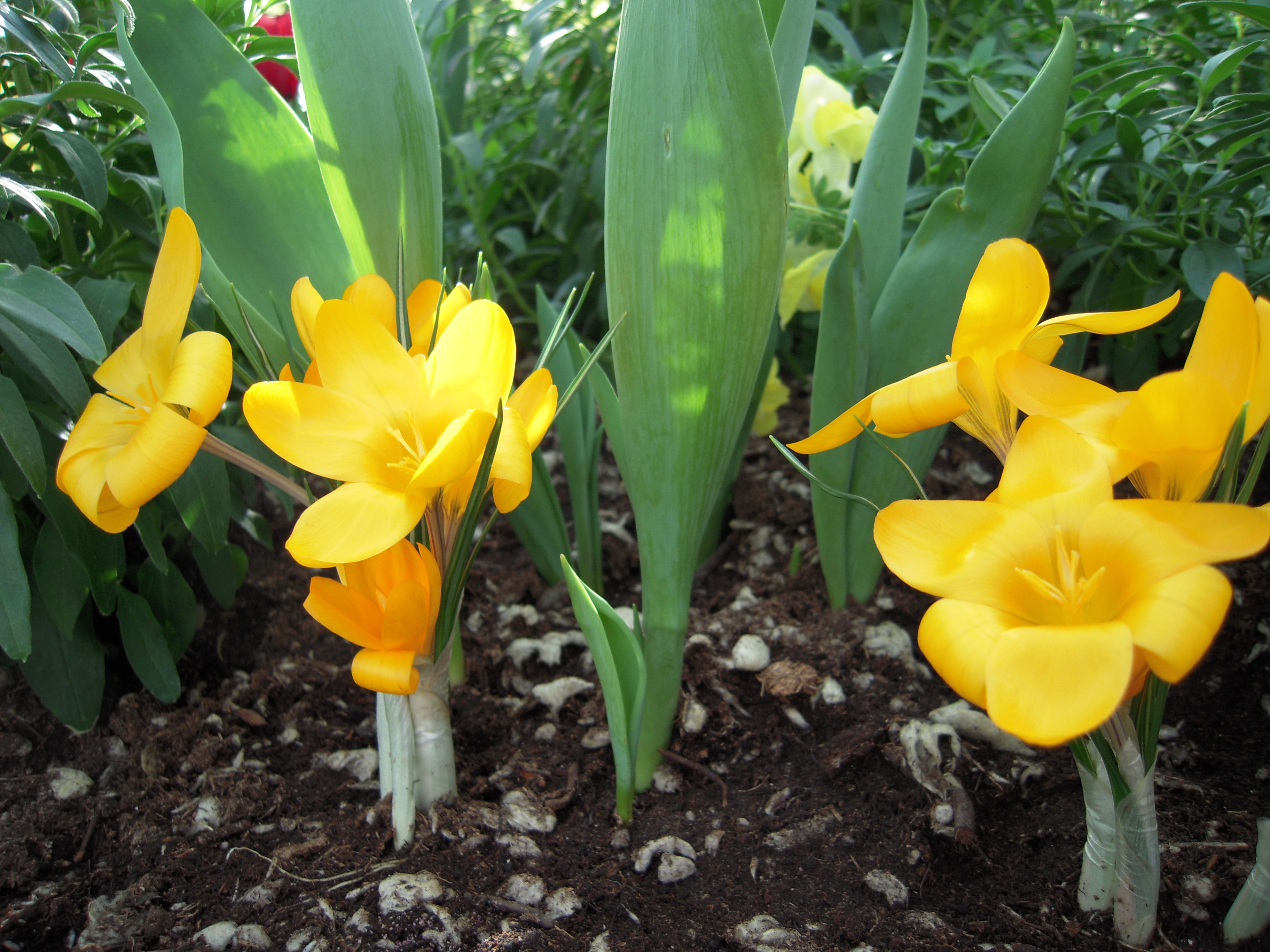
Spring Crocus
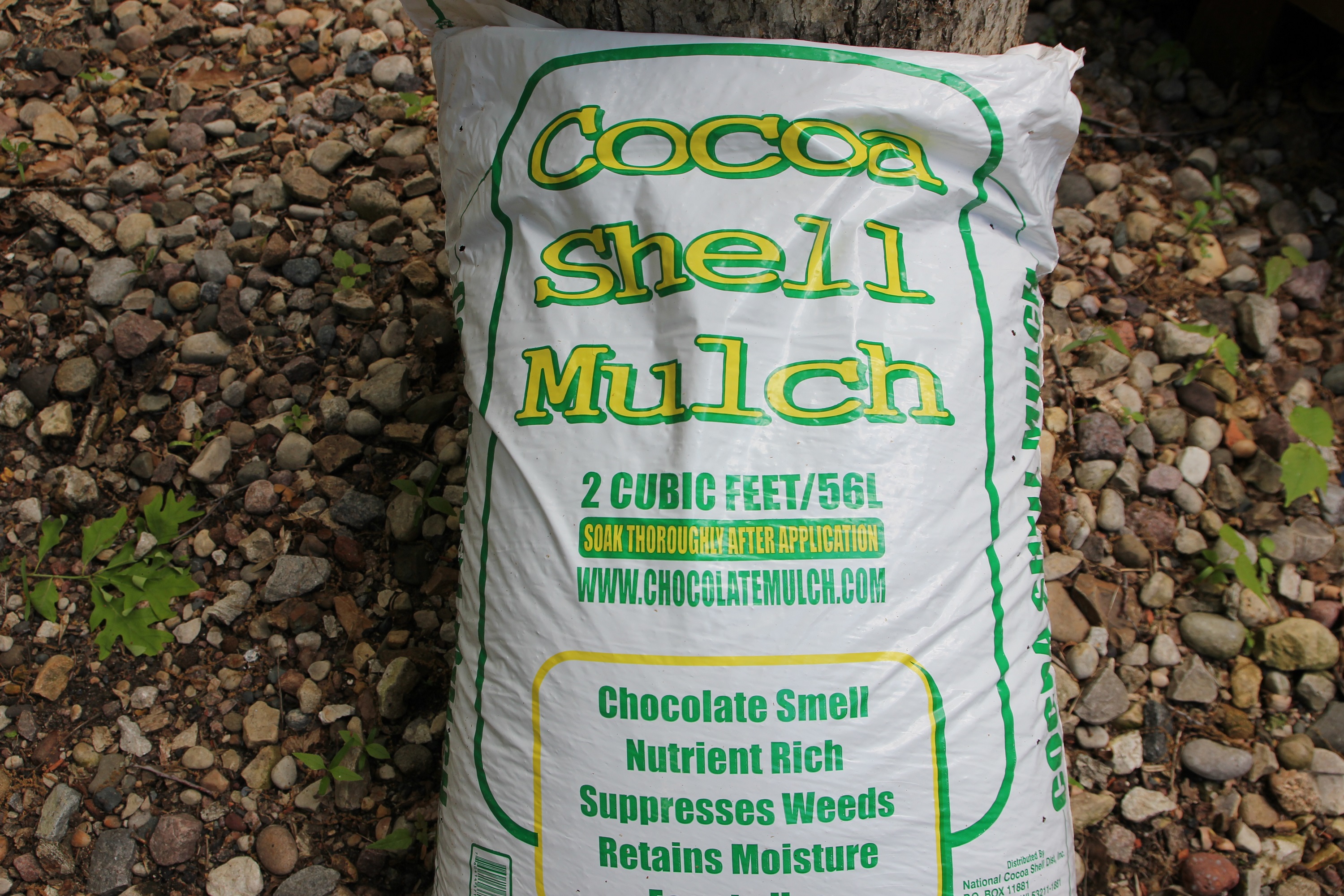
Cocoa Mulch
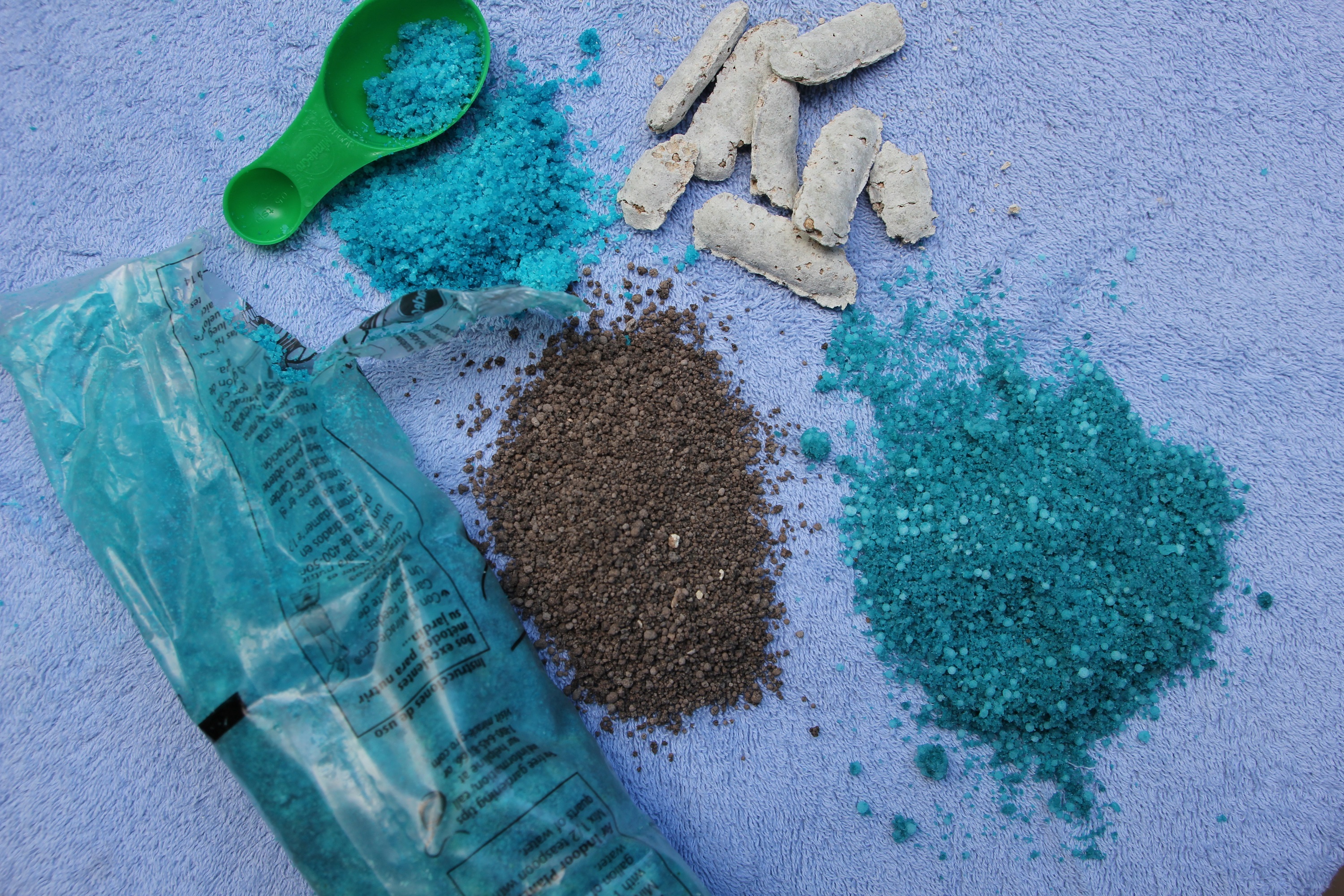
Fertilizers, Soil Additives and Pesticides
About Pet Poison Helpline
Pet Poison Helpline, an animal poison control center based out of Minneapolis, is available 24 hours, seven days a week for pet owners and veterinary professionals that require assistance treating a potentially poisoned pet. The staff provides treatment advice for poisoning cases of all species, including dogs, cats, birds, small mammals, large animals and exotic species. As the most cost-effective option for animal poison control care, Pet Poison Helpline’s fee of $39 per incident includes follow-up consultation for the duration of the poison case. Pet Poison Helpline is available in North America by calling 800-213-6680. Additional information can be found online at www.petpoisonhelpline.com.





